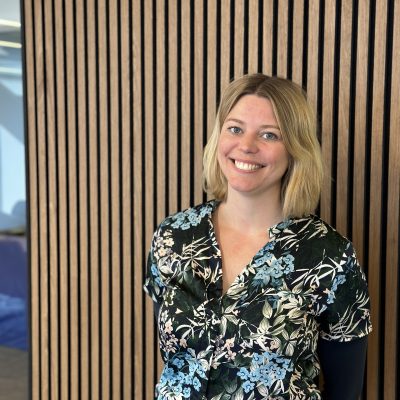In healthcare, having instant access to accurate and up-to-date medication information isn’t just a convenience—it’s a matter of life and death. Whether you’re a doctor in an emergency room or a concerned family member, knowing the exact medication a patient is taking can prevent dangerous mistakes and save lives.
That is what the danish Shared Medication Record (Fælles Medicinkort, FMK) addresses. A critical tool developed to ensure that healthcare professionals across Denmark have access to the most accurate and current medication data, enabling them to make informed decisions quickly.
But what happens when this vital information isn’t easily accessible?
In a fast-paced healthcare environment, delays in accessing critical medication data can lead to harmful drug interactions, incorrect dosages, and even fatal outcomes. Patients and healthcare professionals alike need a reliable system that ensures the right information is always at their fingertips.
Picture this: A patient arrives at the hospital in critical condition. Every second counts. The medical team scrambles to get an overview of the patient’s medication history, but the information is scattered across different systems, leading to potential errors. For patients and their families, this could mean the difference between a quick recovery and a prolonged hospital stay—or worse.
This is where the Shared Medication Record comes into play.
The Shared Medication Record serves as the backbone for medication management across Denmark. It’s not just a system; it’s a lifesaving tool.
The system provides a real-time overview of a patient’s medication history, helping healthcare providers avoid dangerous drug interactions and incorrect dosages. This is especially crucial in acute situations, like hospital emergencies, where timely access to accurate information can save lives.
For citizens, it offers more than just peace of mind. It allows you to view your medications, check prescription refills, and even request renewals from your doctor—all in one place. Plus, you can see where your medication is available at different pharmacies, giving you flexibility in where and when to pick it up. Family members can also stay informed by accessing this information.
More specifically, the key features are:
Since 2007, Trifork has been integral in building, tuning, expanding, and driving the Shared Medication Record, today used across all local systems in the healthcare sector.
It is used by nearly all healthcare professionals in Denmark, integrated into around 40 different systems, including Electronic Health Record (EHR) systems, GP systems, municipal care records, pharmacy systems, and more.
With contributions from various stakeholders, including the Ministry of Health, the Danish Health Authority, and local governments, Trifork and the Danish Health Data Authority developed a system where all parts of the danish healthcare sector can seamlessly collaborate.
This project represents the largest cross-sector public healthcare initiative in Denmark to date. Trifork maintains its position as a strategic technology partner, continuously updating the solution in close collaboration with the Danish Health Data Authority. This collaboration is characterized by:
Through this close collaboration and continuous development of the Shared Medication Record, we ensure that the system consistently delivers high performance.
By providing the right medication data when it’s needed most, FMK helps safeguard patient health—one prescription at a time.

Business Unit Leader

CO-Business Unit Leader
Subscribe
Find out the latest news first